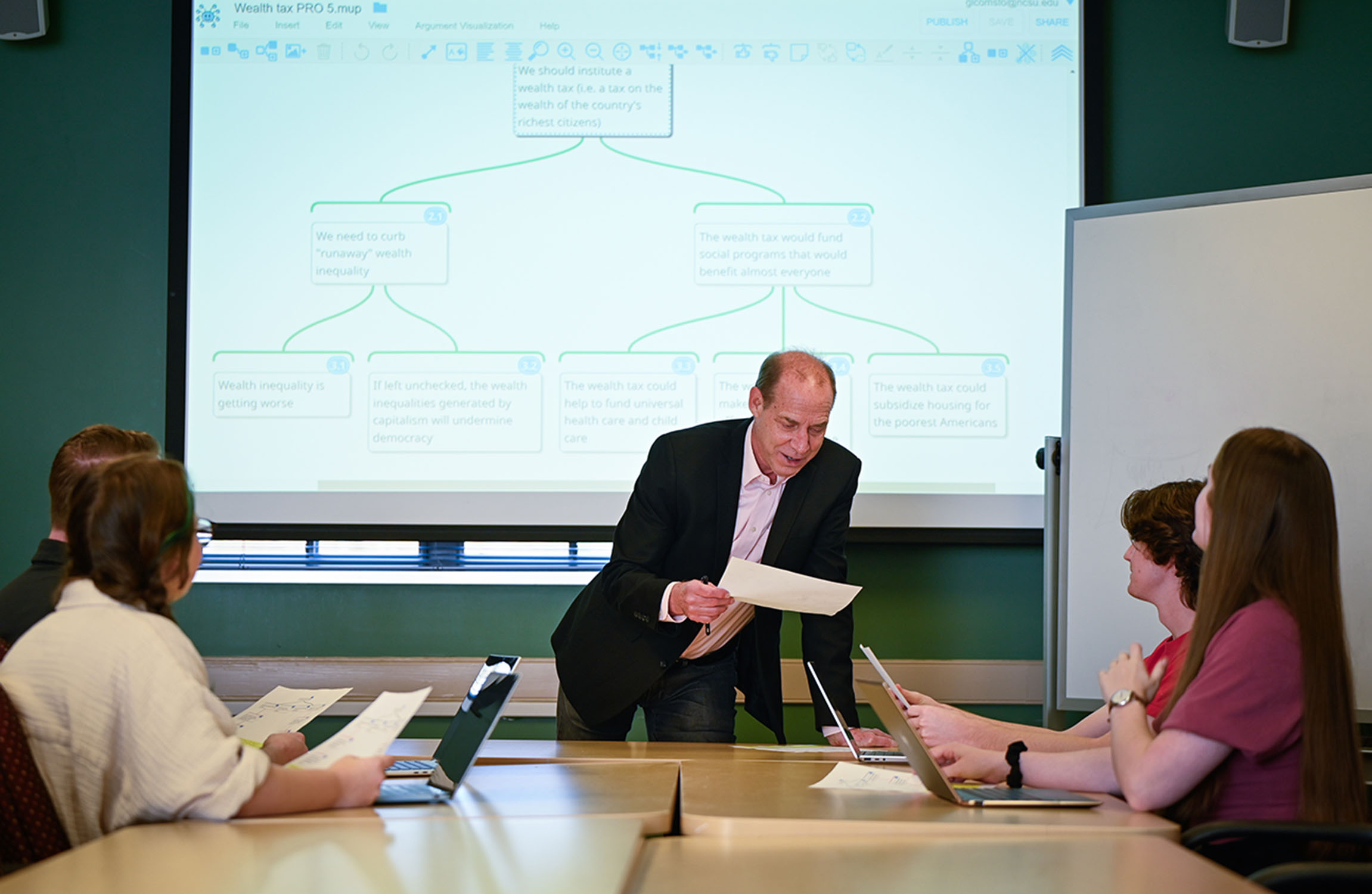Sensitivity to Time Improves Performance at Remotely Controlling Devices

A new study from NC State psychologists finds that people who are more sensitive to the passage of time are better at accounting for the latency — or time lag — inherent in remotely controlling robots or other tools.
“There are many situations, from bomb disposal to remote surgeries, in which people want to remotely control devices,” says Federico Scholcover, a Ph.D. student in psychology at NC State and lead author of a paper on the work. “However, the longer the lag time between when users issue a command and when they see the results of that command, the longer it takes them to perform a task and the more errors they make.
“We wanted to know if an individual’s sensitivity to changes in time affects their ability to cope with this latency — and their resulting performance.”
For this study, researchers had 22 participants perform two tasks. One task was designed to test an individual’s sensitivity to changes in time. The second task was to maneuver a remotely controlled car through a prescribed course. The second task was performed eight times, with users dealing with four different lag times ranging from 400 milliseconds to one second. Researchers assessed how long it took participants to complete the driving course, as well as how many errors they made — such as steering the car off the course.
The researchers found that individuals with greater time sensitivity were no faster than their counterparts at completing the course, but they made far fewer mistakes.
“For example, there was a speed/error tradeoff for everyone — the faster you went, the more mistakes you made,” Scholcover says. “But the most sensitive participants would make an average of 3.5 errors per minute, whereas the less sensitive participants made an average of 6.1 errors per minute.
“We also found that participants who were more sensitive took slightly longer pauses — 0.2 seconds longer — between issuing commands to the remotely controlled vehicles.”
“We’re not entirely sure why time sensitivity improves performance, but it is possible that improved timing may help people estimate the extent of movement by the remotely controlled car,” says Doug Gillan, a professor of psychology at NC State and co-author of the paper.
“Next steps include exploring this subject in more detail, such as a more fine-grained analysis of errors and testing different remotely controlled tasks,” Scholcover says. “It would also be interesting to determine if one can improve one’s sensitivity to changes in time, which could in turn – presumably – improve an individual’s remote operation performance.”
The paper, “Using Temporal Sensitivity to Predict Performance Under Latency in Teleoperation,” is published in the journal Human Factors.


